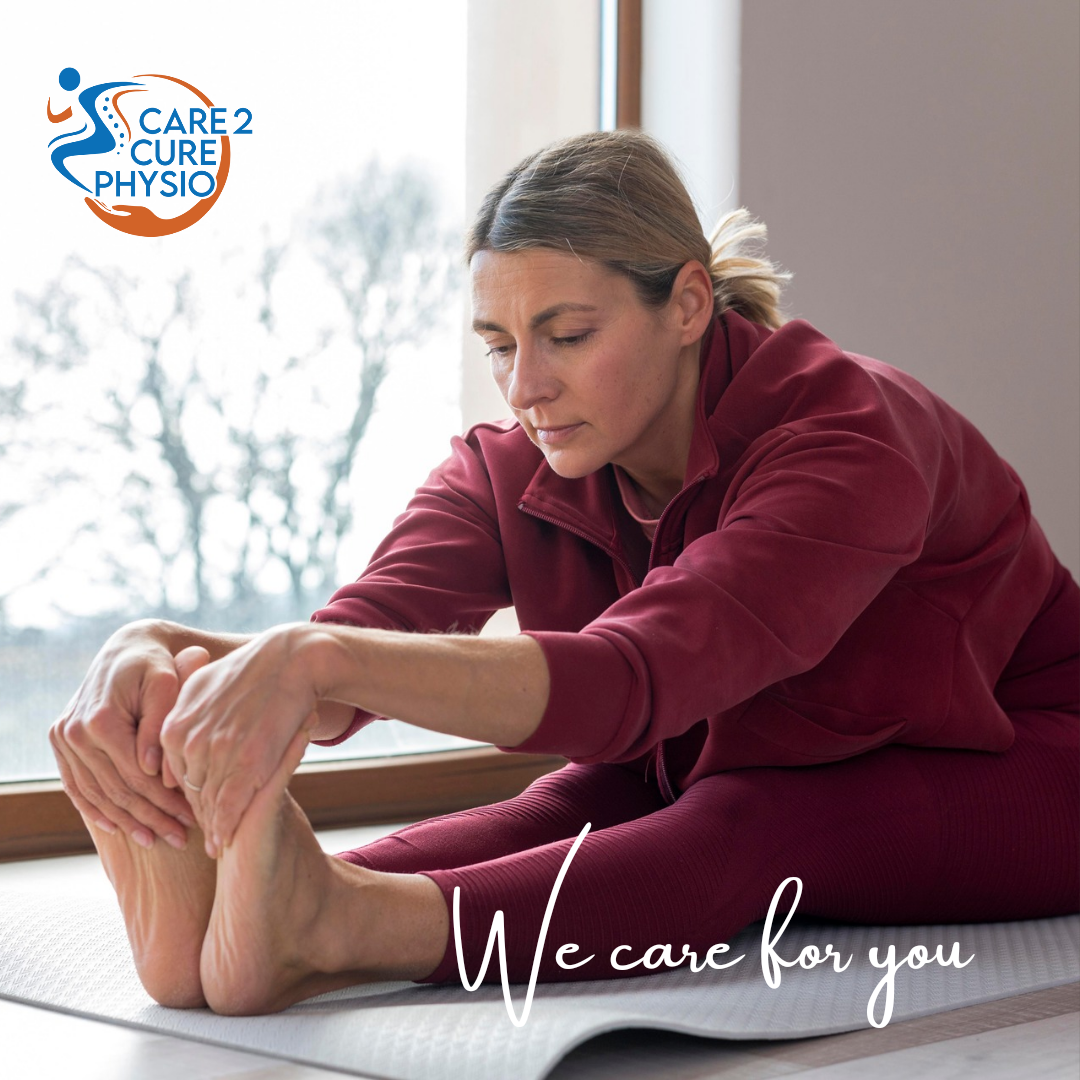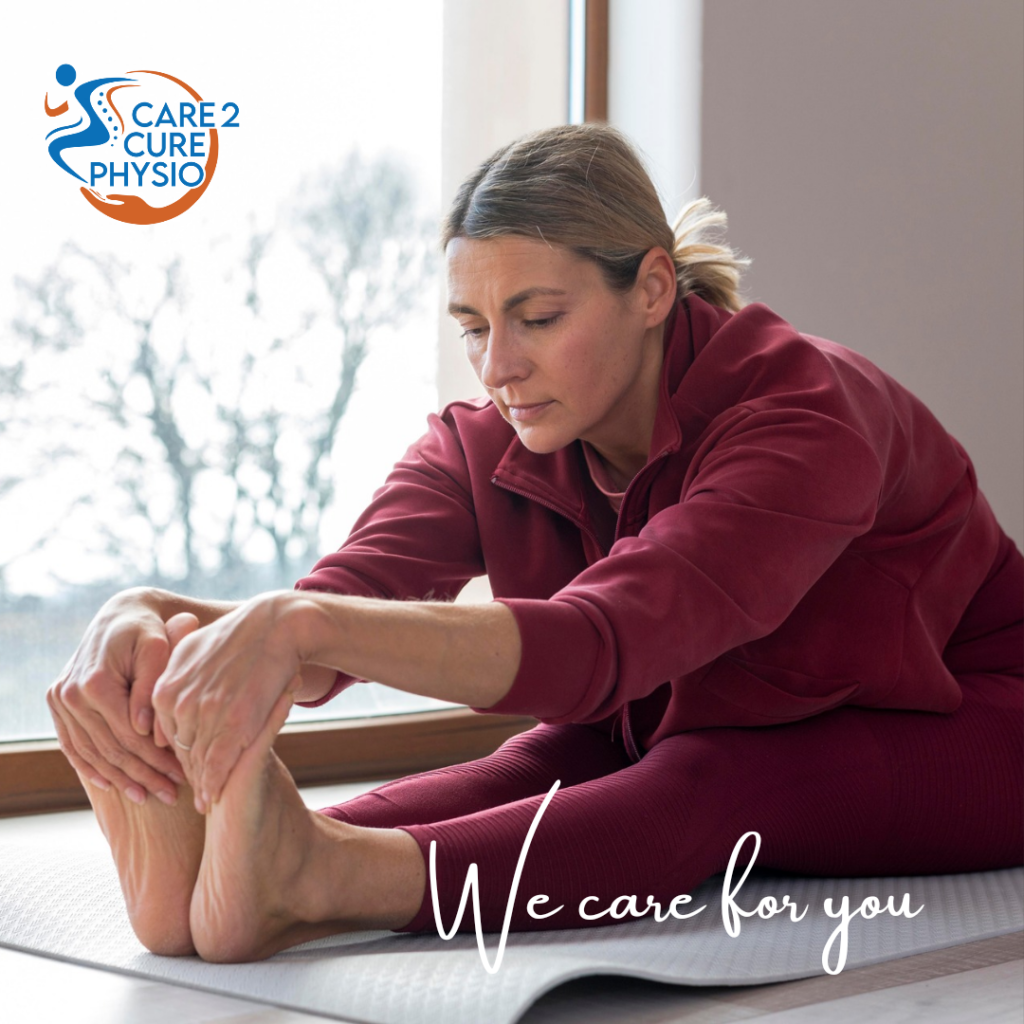
As the winter season approaches, many of us prepare for the colder months with cozy clothes, warm drinks, and extra layers. However, it’s also crucial to think about how our bodies might respond to the seasonal changes, especially from a physiotherapy standpoint. Colder weather can have various effects on our muscles, joints, and overall mobility, making it essential to maintain good physical health. Here are some tips to keep you active and pain-free throughout winter.
1.Stay Active Indoors
The drop in temperature may tempt you to hibernate, but staying active is key to keeping your muscles flexible and joints mobile. Winter can lead to stiffness due to reduced movement, which is why it’s important to engage in regular indoor exercises like:
Stretching: Gentle stretching helps maintain flexibility and prevents muscle tightening.
Home Workouts: Incorporating low-impact exercises such as yoga, Pilates, or strength training can help keep your muscles strong and joints stable.
Walking: If possible, walk indoors or in shopping centers to maintain cardiovascular health.
2.Warm Up Before Any Outdoor Activity
If you’re venturing outside for a run, a walk, or even winter sports like skiing, make sure to warm up properly. Cold muscles are more prone to injury. Spend 5-10 minutes warming up with dynamic stretches, light cardio, or mobility exercises before heading outdoors.
3.Layer Up to Protect Muscles and Joints
Cold weather causes your body to lose heat quickly, which can stiffen muscles and joints, making them more vulnerable to injury. Dress in layers and make sure your muscles are kept warm during any outdoor activities. Using thermals, gloves, and extra layers for areas prone to stiffness (like knees and lower back) can be helpful.
4.Stay Hydrated Maximize Liquid Consumption
While it’s easy to forget to drink water in the cold, staying hydrated is as important in winter as in summer. Dehydration can affect muscle function and contribute to stiffness. Keep a bottle of water handy even indoors, and aim for 8-10 glasses a day.
5.Watch Your Posture
Winter months often lead to more time spent sitting indoors, working on computers, or binge-watching TV. Poor posture, especially over long periods, can contribute to back and neck pain. Practice good ergonomics:
Ensure your computer screen is at eye level.
Sit with your back straight and feet flat on the floor.
Take breaks to stretch or walk around every hour.

6.Prevent Falls
Winter often brings slippery surfaces due to ice and snow, increasing the risk of falls. Falls can lead to sprains, fractures, or serious injuries. Physiotherapists recommend strengthening your legs, core, and balance to improve stability. If you need to go outside, make sure to:
Wear proper footwear with good traction.
Use handrails where possible.
Take slow and cautious steps, especially on icy paths.
7.Manage Existing Conditions
Cold weather can exacerbate conditions like arthritis, back pain, or joint stiffness. If you already have an ongoing musculoskeletal issue, winter might aggravate the symptoms. To manage these conditions:
Stay consistent with your physiotherapy exercises.
Use heat therapy, like warm packs or heating pads, to ease joint stiffness.
Consult with a physiotherapist for personalized exercises or treatments to manage pain during winter.
8.Don’t Ignore Pain
Sometimes winter aches are inevitable, but they shouldn’t be ignored. If you experience prolonged pain in your joints or muscles, it’s important to seek professional advice. Pain is often an indicator that something isn’t functioning correctly. A physiotherapist can assess the issue and guide you through proper treatment and rehabilitation.
Stay warm, stay active, and take care of your health this winter!



